Though a volunteer, French umpire Gilles Cavert behaves nevertheless like a professional. He wants to improve at each match, and for a while would like to continue enjoying Asia when he visits there for international tournaments.
By Thibault Bluy, Badzine Correspondent. Photos: Badmintonphoto
Gilles Cavert spoke to Badzine last month, shortly after umpiring the men’s single final of the 2012 Hong Kong Superseries today. There were some litigious points, as some shuttles were roughly out, or Chen Long lunged forward to kill very close to the net. All that is part of what the Frenchman finds fulfilling about umpiring a world-class badminton match.
“As umpire, you want a good match, something which will force you to give your best and to improve. You want court management. As they are part of the game, you want problems to happen in order to solve them,” said Gilles, somewhat surprisingly.
After more than ninety international tournaments, Cavert still takes every single match as a challenge. If he keeps umpiring, it is because he thinks he is still improving. He has trained a lot to be able to keep concentrating on the game, which goes more quickly than ever because of the new scoring. In his performances, he likes to compare umpires with athletes who compete with each other to reach the finals.
“The criteria are the same. You have to perform well in a tactical and technical way. Physically, you do not have to be on a date; but still you have to be fit, because sometimes for the whole day you will be on the chair for six or seven hours.”
The 52-year-old university teacher is very exigent. He was not very confident the first time the president of his regional league, back in Midi-Pyrénées, asked him to umpire a match. He admitted to being shy and unable to take decisions.
That was in the late 1980s. Since that time, he progressively learnt to enjoy managing the court, and not just counting points. He first successfully attempted the national umpire examination, then passed the European diploma in 2001, and quite logically got certification from the then-International Badminton Federation (IBF) two years later. But still, he does not think having a certain grade necessarily makes you a good umpire. Values are more important for him to always keep improving.
“Humility is the key element of umpiring,” says Cavert, who never forgets to thank his line judges. “Never think you can umpire. If you think you can umpire, you would be better to stop. You also have to give your best, and be happy to be part of the game.
“You are here to give the players the opportunity to reach their objectives, but also make them respect the rules. You are the sheriff on the court.”
Keeping this leitmotiv in mind, Gilles Cavert does not remember having any special problem with a player so far. There was, of course, an incredible mixed doubles final in Korea in 2008, where it was obvious that the line judges were trying to favour the Korean pair who was vying to qualify for the Olympics; but he just overruled all suspect decisions. Thanks to an Austrian grand-mother settled in England, he is trilingual and never encountered any problems with being understood on the circuit.
As for when he is down from the umpire’s chair, Gilles also enjoys playing badminton himself, and tries to practice at least once a week. He also likes skiing and hiking, but has not had so much time for those hobbies in recent years, as since 2007 he has been in the habit of umpiring in 5 to 8 international tournaments every year.
Sometimes one of his two sons, and his girlfriend as well, try to join him on his trips, but it is difficult because this always involves taking ten days off.
The situation is the same for the professor in economics, who gives up at least one week of salary every time he umpires far away from home, as a volunteer. Although the French federation covers most of his costs, the rest being completed by the host association, he claims for a financial compensation that he considers normal while Superseries tournaments distribute hundreds of thousands of Euros to players.
That is one of the reasons why he planned to reduce the annual number of his international competitions to two or three in the future. He has already had to stop umpiring in Europe since the Badminton World Federation (BWF) certification gave him the opportunity to umpire in Asia. He really appreciates the food, the culture and the hospitality there.
“It is like a drug. There is another atmosphere, as badminton has another place in the heart of the people, for the media and for everyone. It is really something else. I want to benefit from having a couple of more years of umpiring before retiring from BWF level.”
His umpiring career has been rich in many anecdotes he tells with passion. He remembers for instance when he was invited by the Chinese Badminton Federation to travel around China, a few months before the Olympics in Beijing. He was sleeping in a very luxurious hotel, personally met the top Chinese players, and experienced umpiring in an authentic Chinese atmosphere, crowded, noisy and stifling.
But when asked what is his best memory, Gilles Cavert gave this ingenious answer: “I would say it is towards the tournaments to come!”
![Gilles Cavert – Humble umpire enjoys Asian hospitality Though a volunteer, French umpire Gilles Cavert behaves nevertheless like a professional. He wants to improve at each match, and for a while would like to continue enjoying Asia when […]](http://www.badzine.net/wp-content/uploads/Newsflash-thumbnail.png)
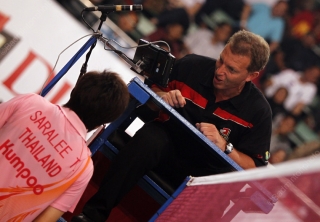
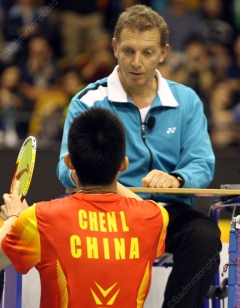
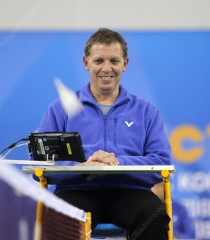
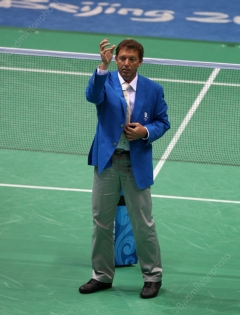
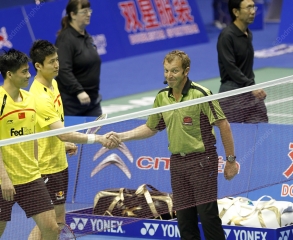
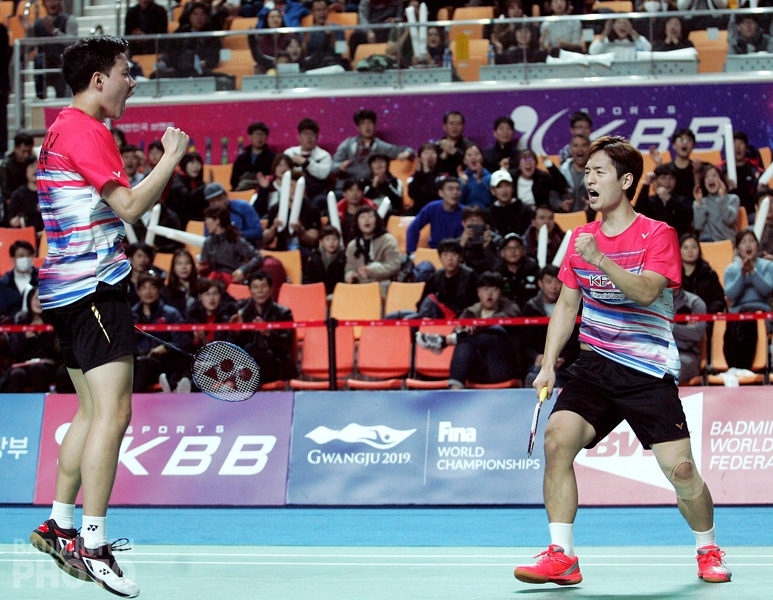
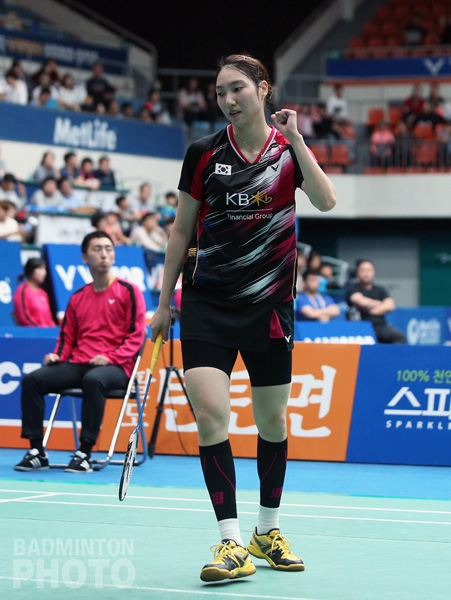
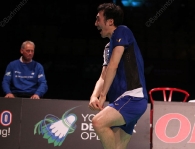
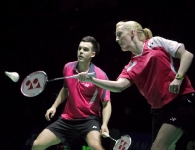
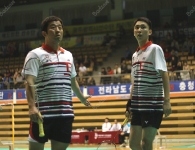

Leave a Reply